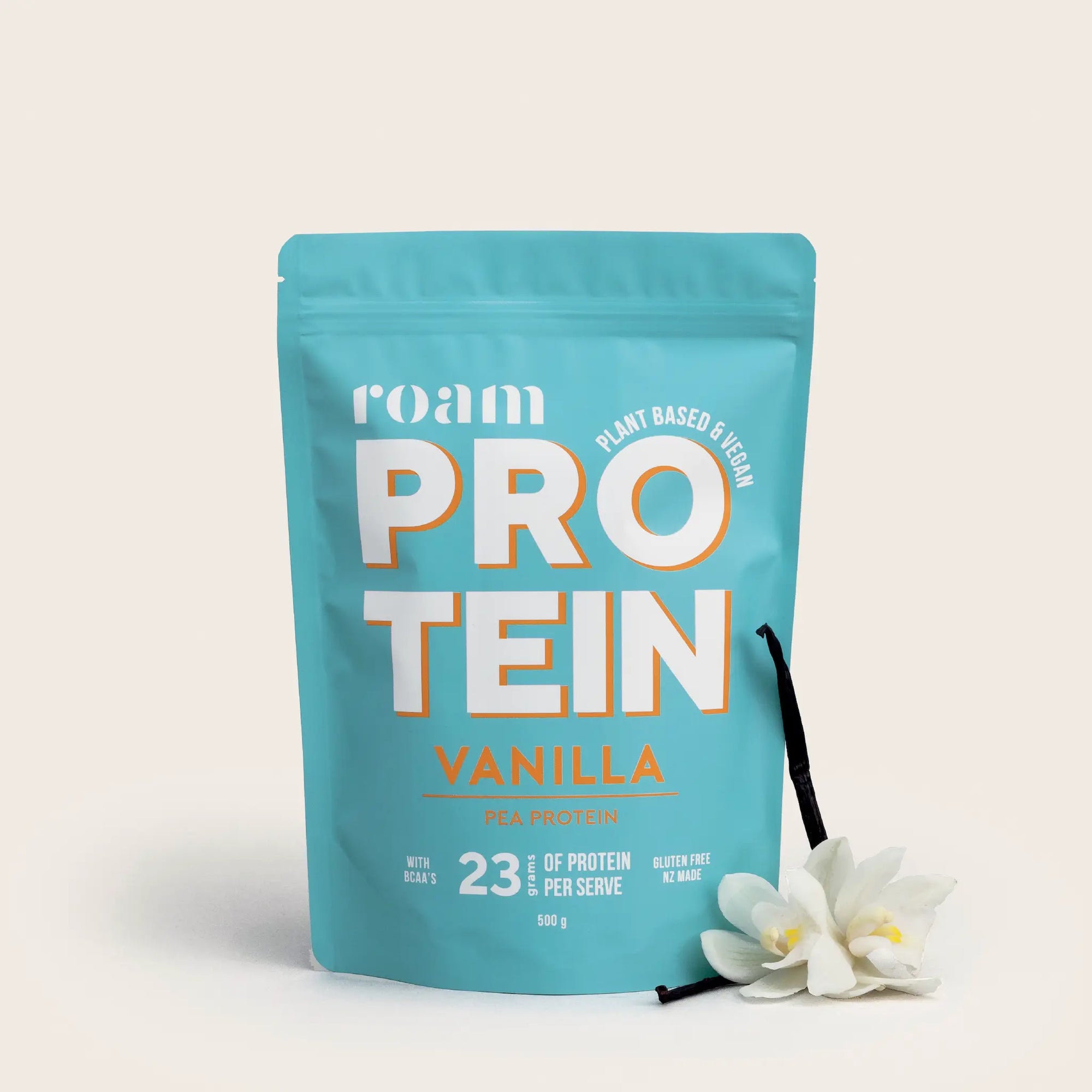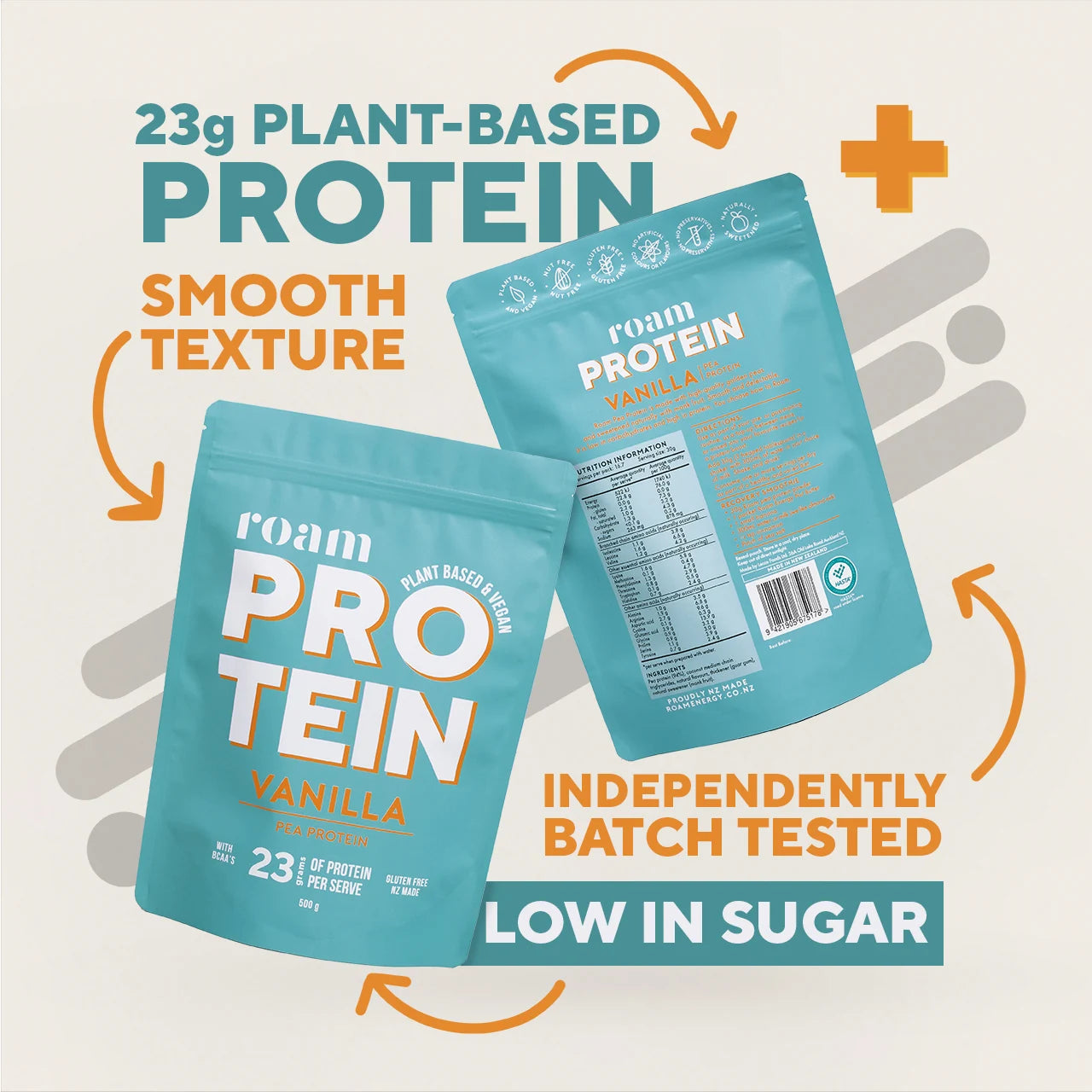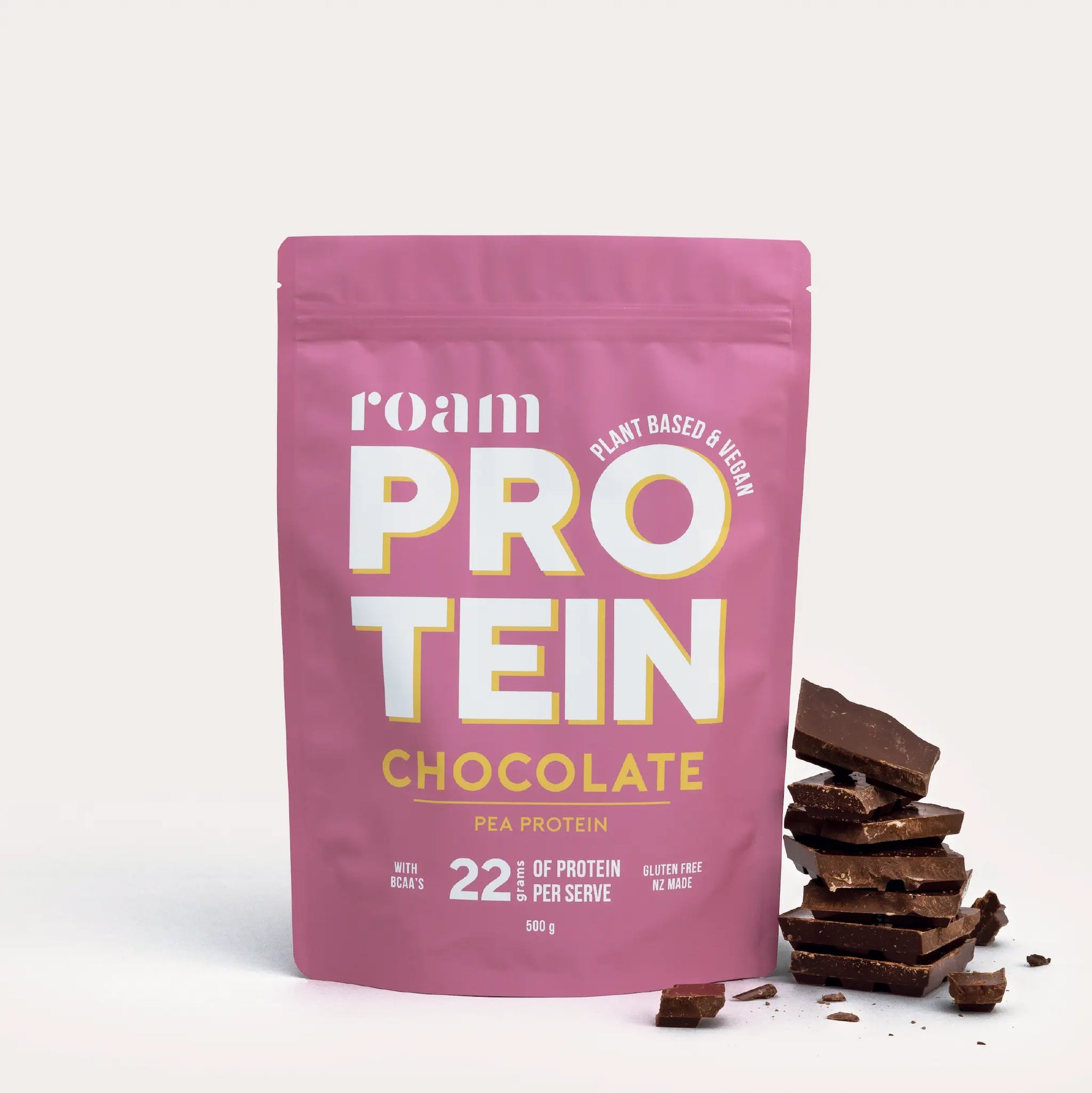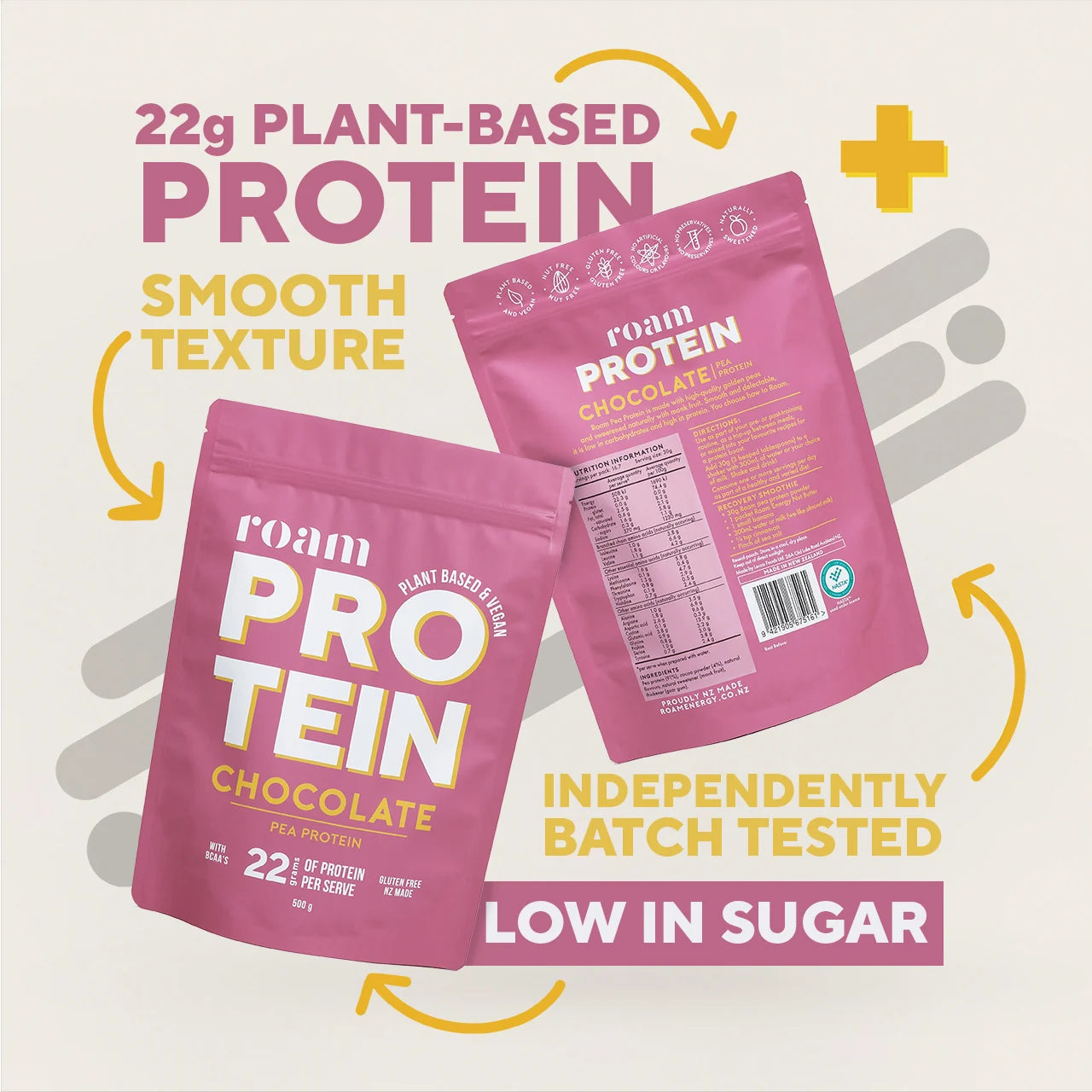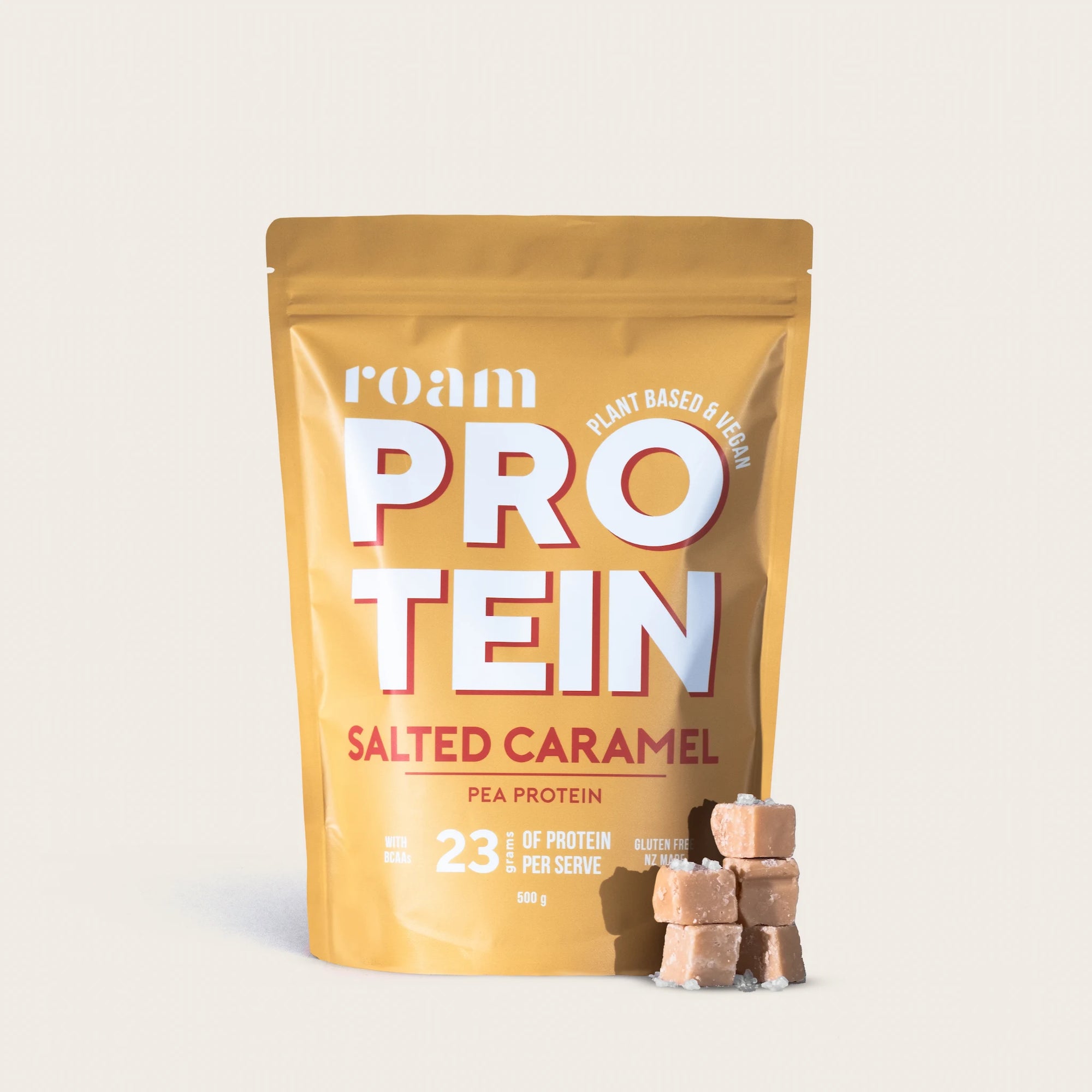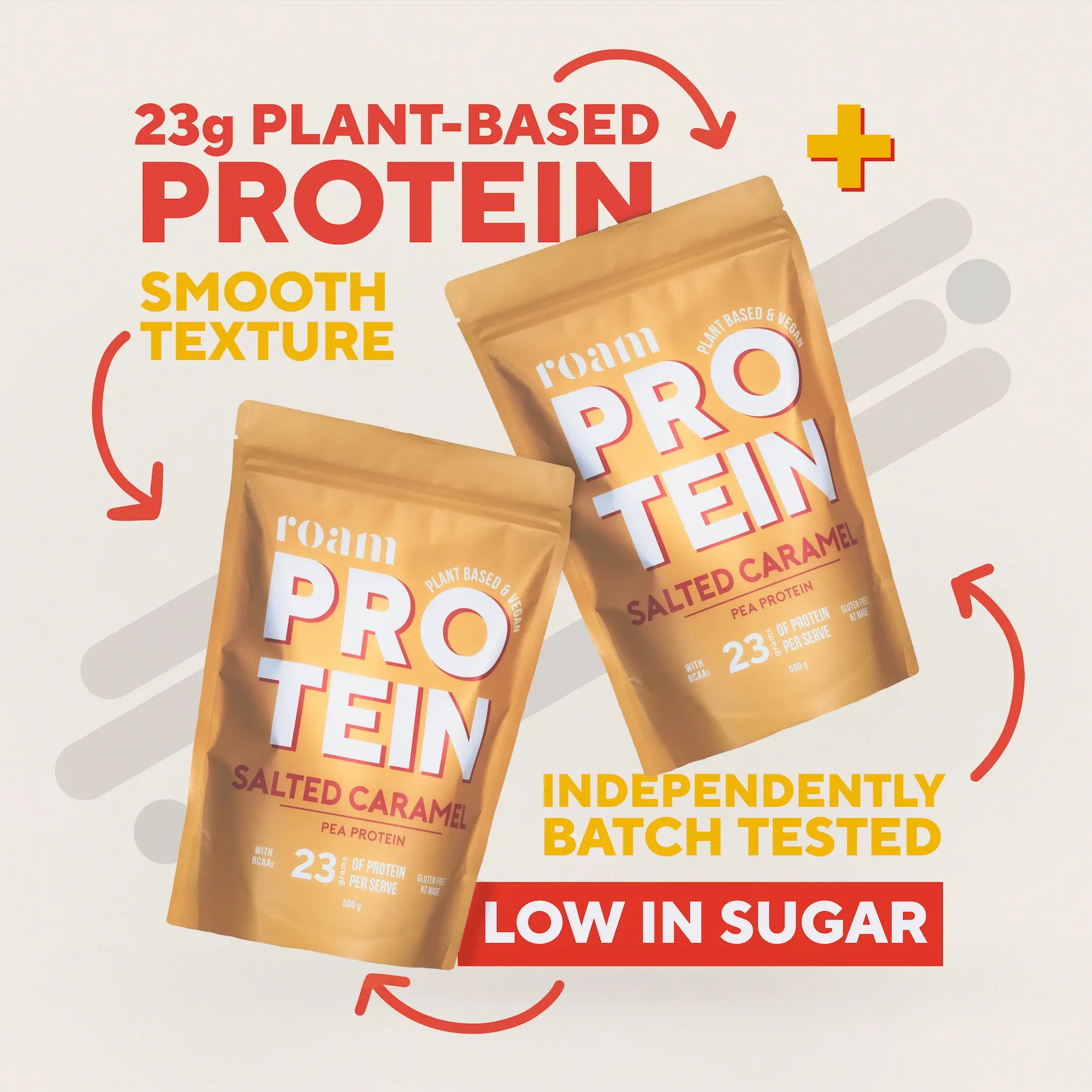How to use protein to gain muscle
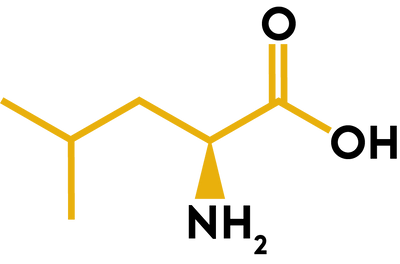
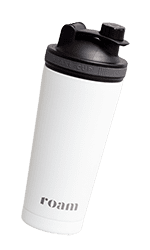
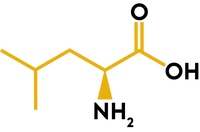
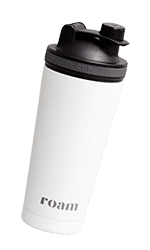
The concept of ‘bulking’ or growing muscle mass has largely been confined to fitness groups: bodybuilders, gym-goers, and CrossFitters. The thing is, growing and maintaining muscle mass over your life has huge benefits.
Muscle mass decreases about 3-8% per decade after the age of 30 (1). This is accompanied by a faster rate of muscle strength loss (2). Over time, loss of muscle mass and strength can make daily living harder, increase your chance of injury, and negatively affect your overall health.
The good news is, structured resistance training and appropriate protein intake can maintain or even increase muscle mass, which will benefit your cardiovascular and cognitive health as well.
In this article, we’ll share how you can make the most of your protein intake to grow and maintain muscle.
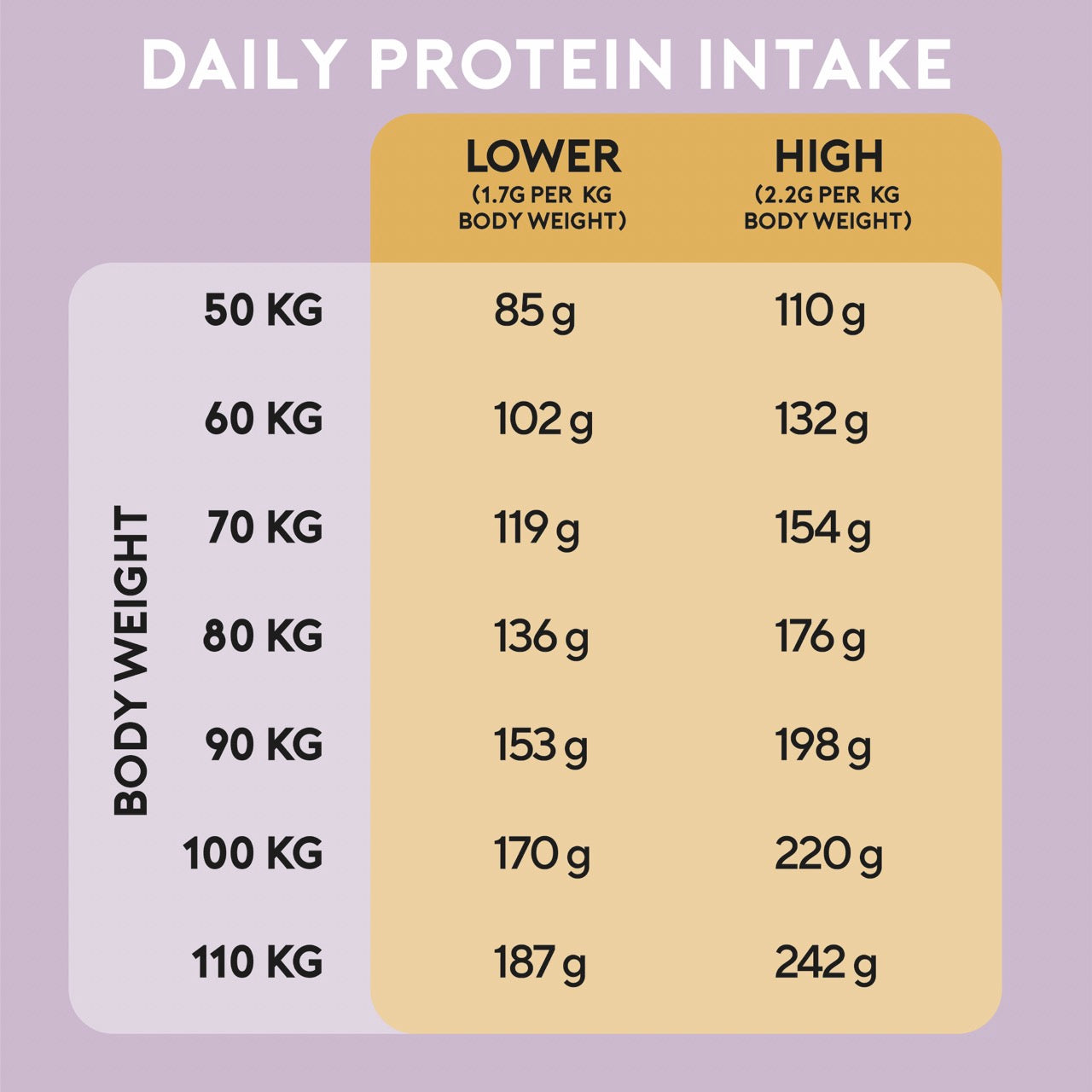
High Daily Protein Intake
Consuming enough protein each day is essential. Your daily protein intake should work out to 1.7 to 2.2 grams of high-quality protein per kilogram of body weight per day. This equates to around 120-150 grams of protein for a 70 kg person.
Check out our handy online protein calculator to work out your daily protein needs.
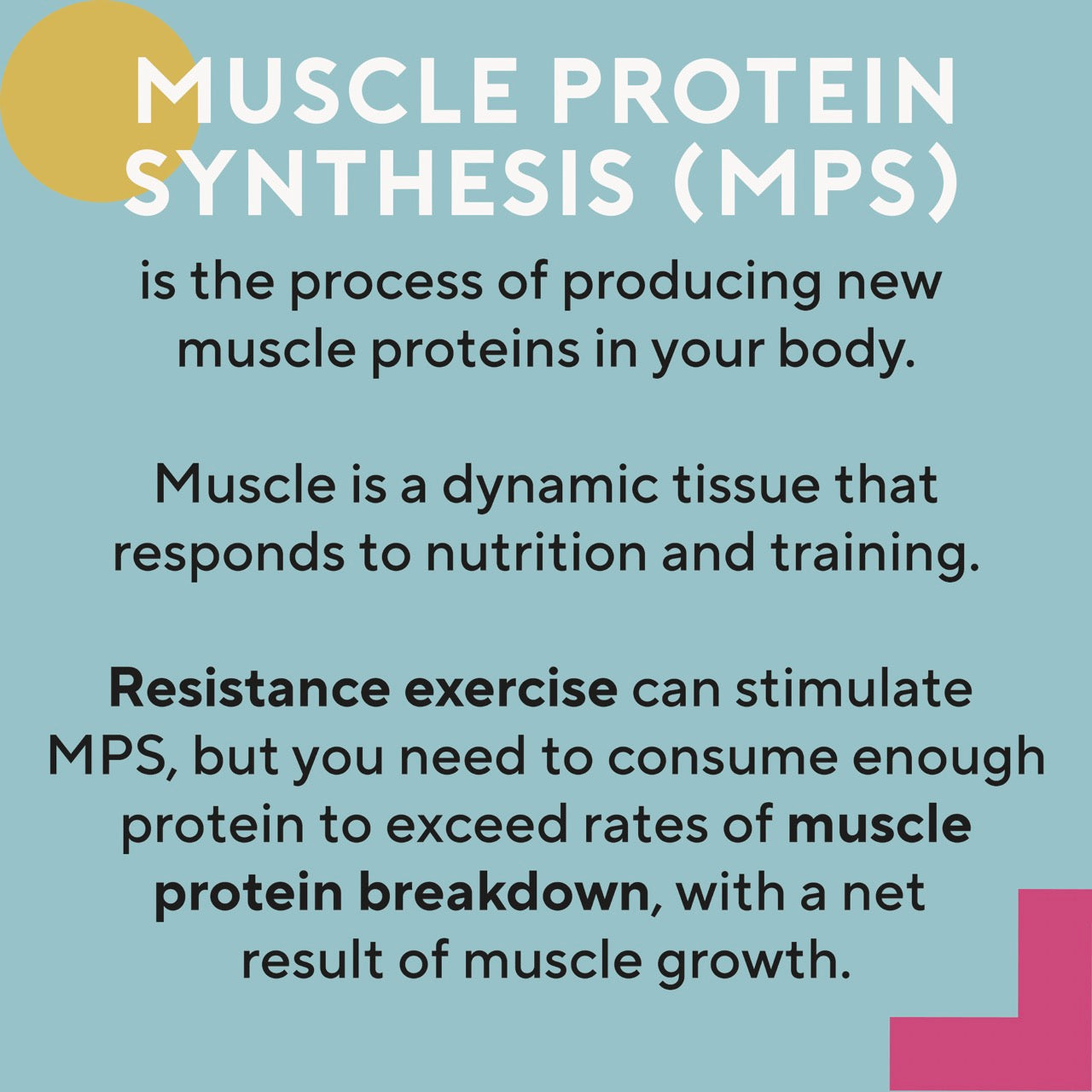
Sufficient single doses of protein
Protein synthesis, which is crucial for muscle growth, is the process by which the body uses amino acids to build new proteins.
If you want to stimulate muscle protein synthesis after a workout, aim to consume 20 to 30 grams of high-quality protein that contains about 10 grams of essential amino acids (EAAs).
Roam Protein has over 13 grams of EAAs and more than 20 grams of protein in each serve. We’ve got you covered!
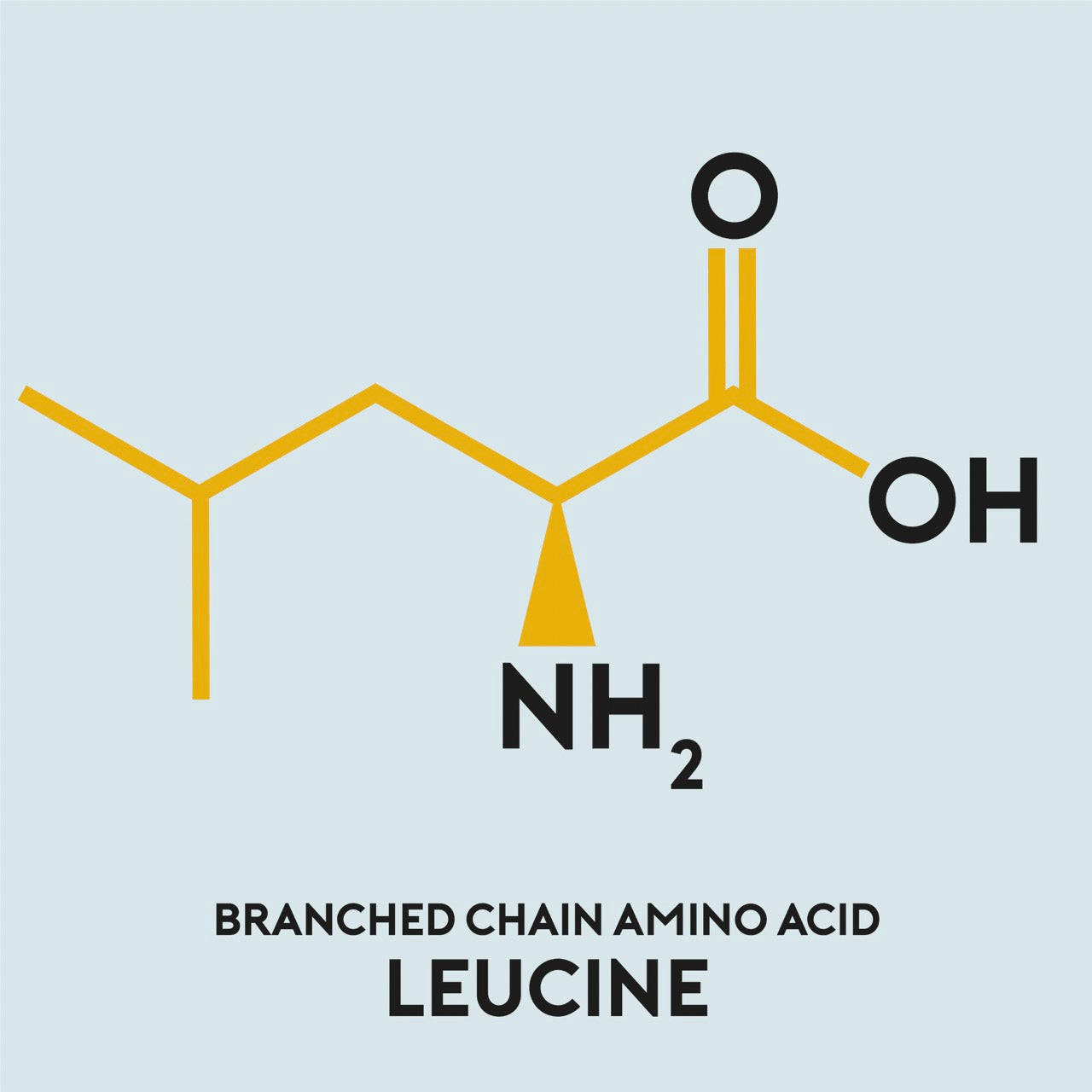
Adequate amounts of the amino acid, leucine
Leucine, a key component in your daily protein needs, is an important essential amino acid for stimulating muscle protein synthesis.
A concept called the “leucine threshold” states that there must be sufficient leucine in a meal or protein supplement for optimum muscle protein synthesis. This threshold is not set in stone, and depends on your age, recent resistance training and your overall level of physical activity.
Research studies indicate that leucine levels of about 1.7 g or more are desirable. You can find 1.6g – 1.8g of leucine in a serve of Roam Protein. Other foods such as almonds, cashews and Brazil nuts, soybeans, eggs, beef, and salmon are good sources of leucine.

Time your protein intake
Drinking a protein shake after your strength or resistance workout is a well-known routine for building muscle. This approach is supported by numerous research trials, showing that consuming protein after a strength training workout will improve muscle growth and reduce post-workout muscle breakdown.
Muscle protein synthesis is most sensitive for up to two hours after training. Make the most of this “anabolic window” by consuming a protein shake/smoothie, or protein rich meal within this timeframe.
Prepare for your post-workout nutrition. If you can’t consume 20-30 grams of protein within half an hour of your workout, have a snack with a small amount of protein (our Energy Nut Butter contains ~4-5 g per packet) and top-up your protein consumption within the next 1.5 hours.
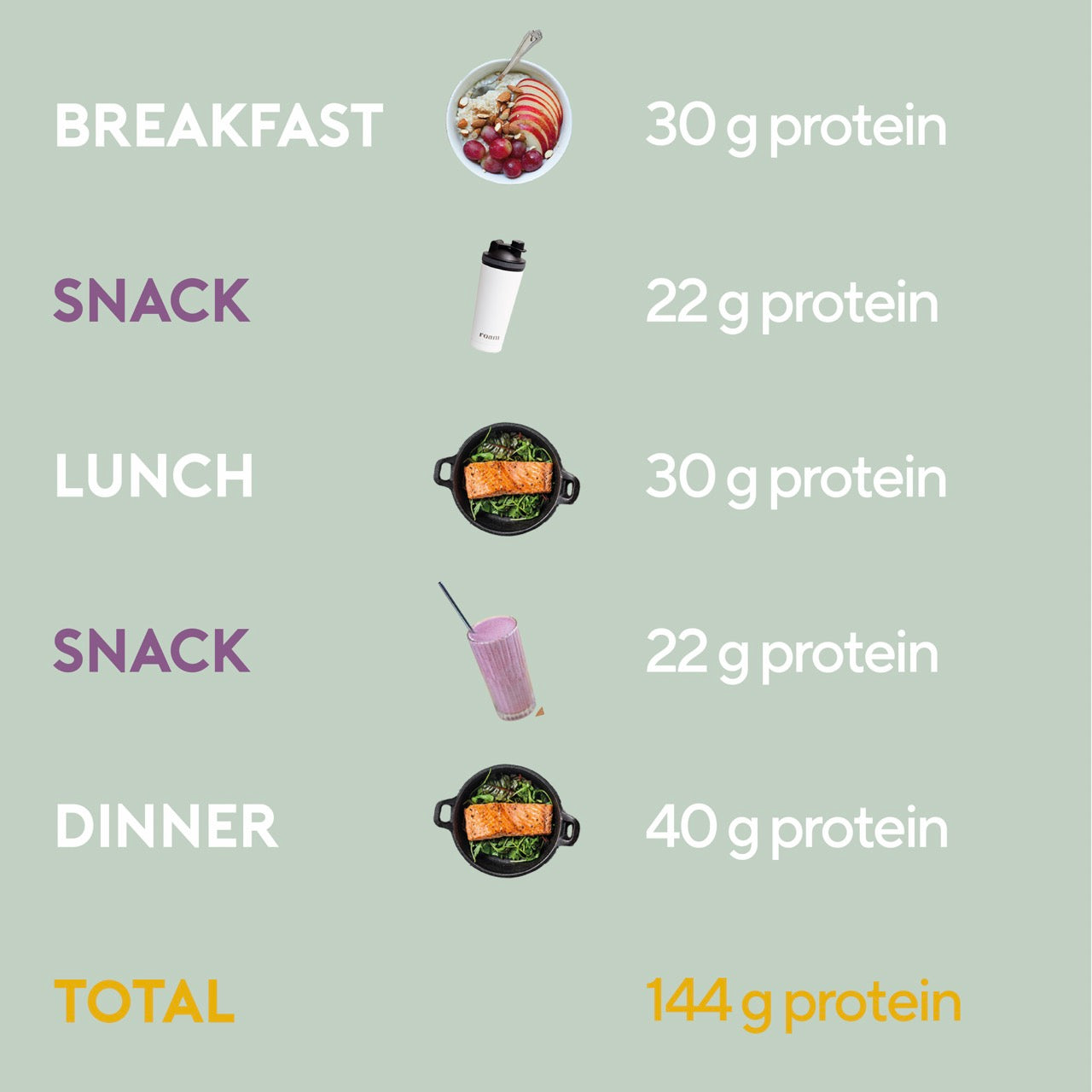
Distribute protein rich meals throughout the day
Spreading your protein meals across the day will ensure that you achieve your daily protein target, especially during periods of heavy training. Consuming 20-40 g or ~0.3 g/kg of protein every 3-5 hours allows your body to maximise training adaptations and muscle growth.
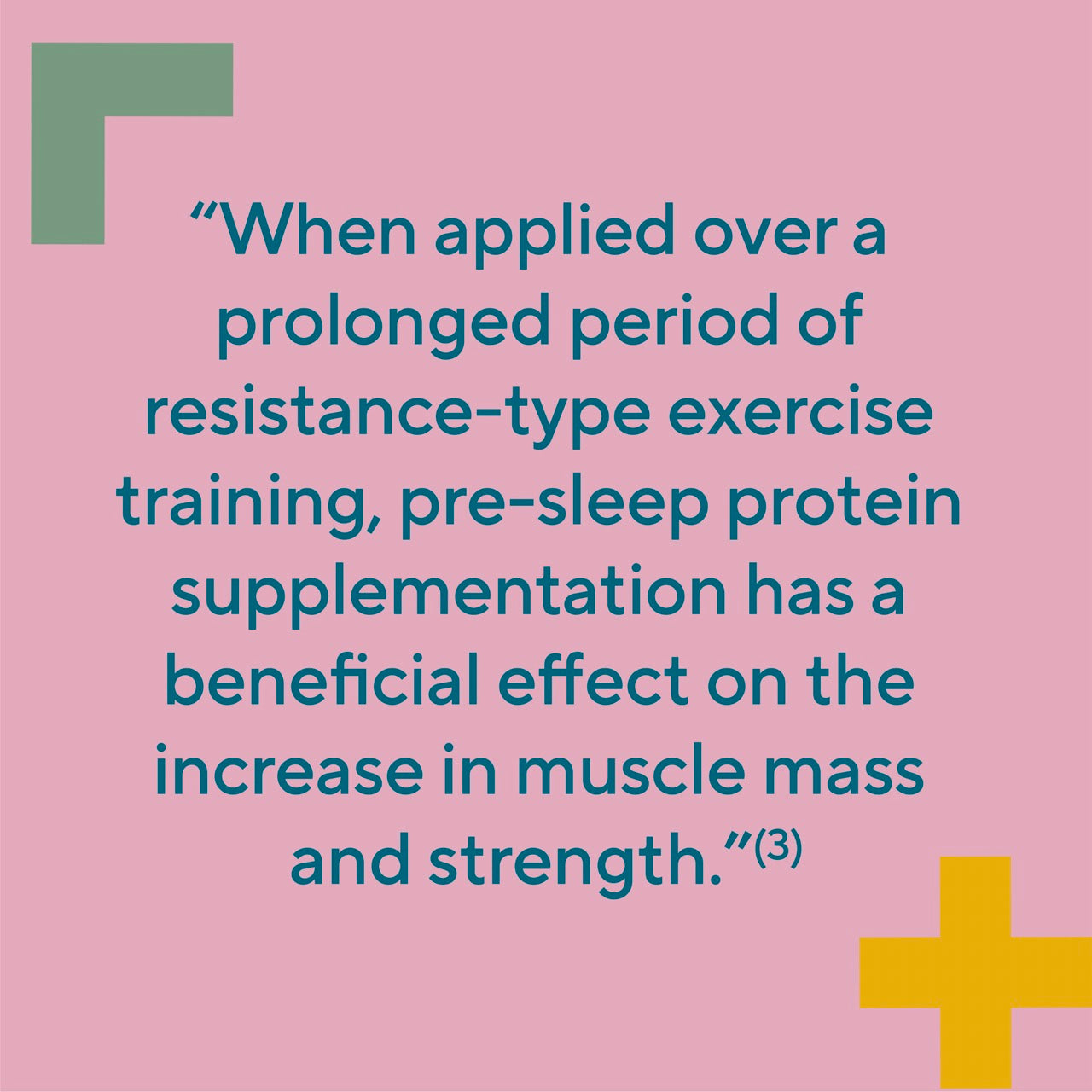
Consider protein before sleep
Consuming a high-quality protein 30-mins before sleep can increase overnight muscle protein synthesis and hit your daily protein target.
Studies have shown that consuming protein supplements before sleep has no effect on sleep onset, sleep quality, and/or morning appetite in both younger and older adults. (3)
Substitute your evening sweet treat with a shake or a smoothie bowl made with Roam Protein.
Protein quality considerations
Each source of animal and plant-based protein has its own benefits and drawbacks.
Amino acid profiles differ as well between various sources of proteins. Therefore, it is best to get your daily protein consuming a varied diet and supplementing with protein powders when necessary or convenient.
High-quality protein supplements should be easy to digest, provide a decent amount of protein per serve (>20 grams), of which >10 grams should be essential amino acids, and have enough leucine for maximal protein synthesis.
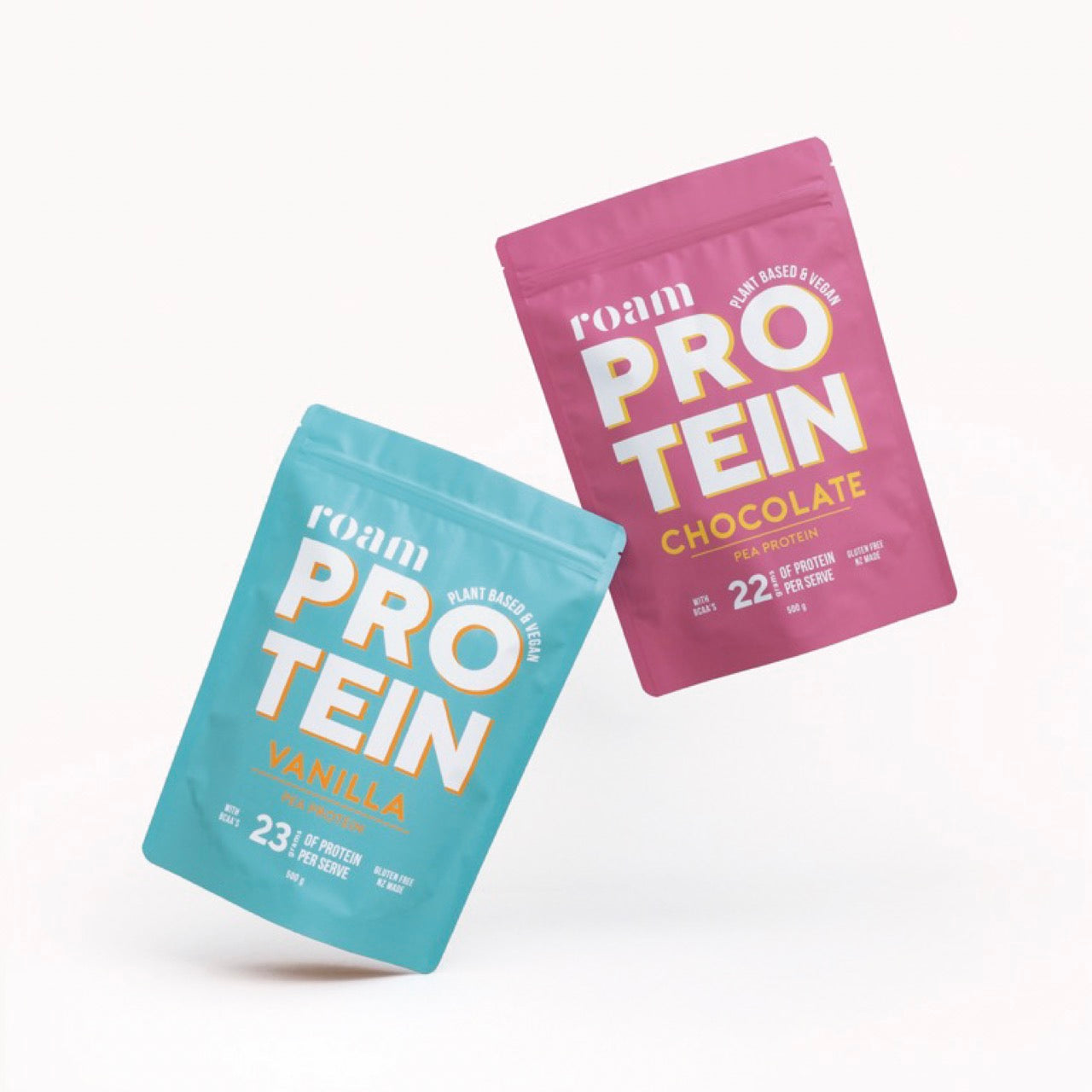
Why we made Roam Protein with pea protein
- Pea protein has a better essential amino acid make-up compared to other plant-based proteins.
- Roam Protein provides at least 22 grams of protein in each serve, of which >13 grams are essentia lamino acids, and 1.6-1. grams are leucine - for optimal muscle protein synthesis.
- Roam Protein is gentle on the stomach and is less likely to cause bloating or tummy discomfort compared to whey protein.
- It is suitable for people that consume vegan and vegetarian diets, or those who are looking for an alternative to whey protein.
- Pea protein is environmentally friendly, as it requires less water and land to produce compared to whey protein. Pea is the new whey!
References
(1) Volpi, E., Nazemi, R., & Fujita, S. (2004). Muscle tissue changes with aging. Current opinion in clinical nutrition and metabolic care, 7(4), 405–410. https://doi.org/10.1097/01.mco.0000134362.76653.b2
(2) Doherty T. J. (2001). The influence of aging and sex on skeletal muscle mass and strength. Current opinion in clinical nutrition and metabolic care, 4(6), 503–508. https://doi.org/10.1097/00075197-200111000-00007
(3) Snijders, T., Trommelen, J., Kouw, I., Holwerda, A. M., Verdijk, L. B., & van Loon, L. (2019). The Impact of Pre-sleep Protein Ingestion on the Skeletal Muscle Adaptive Response to Exercise in Humans: An Update. Frontiers in Nutrition, 6(17).
https://doi.org/10.3389/fnut.2019.00017
Achieve Your Goals

 Protein Variety Pack – 90g Protein (3 Flavours)
Protein Variety Pack – 90g Protein (3 Flavours)Protein Variety Pack – 90g Protein (3 Flavours)
$33.00 Sale price$38.97

